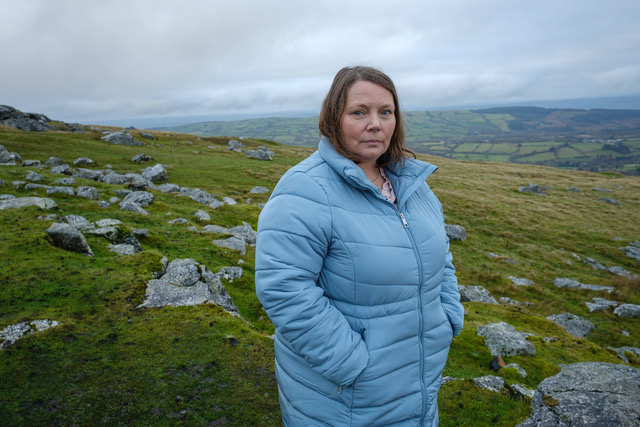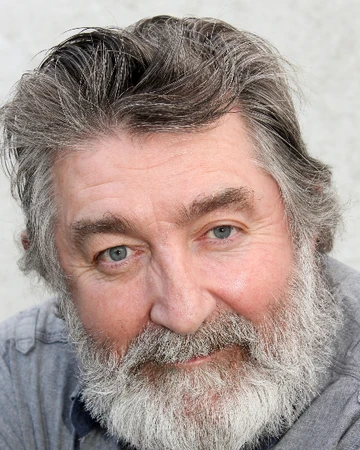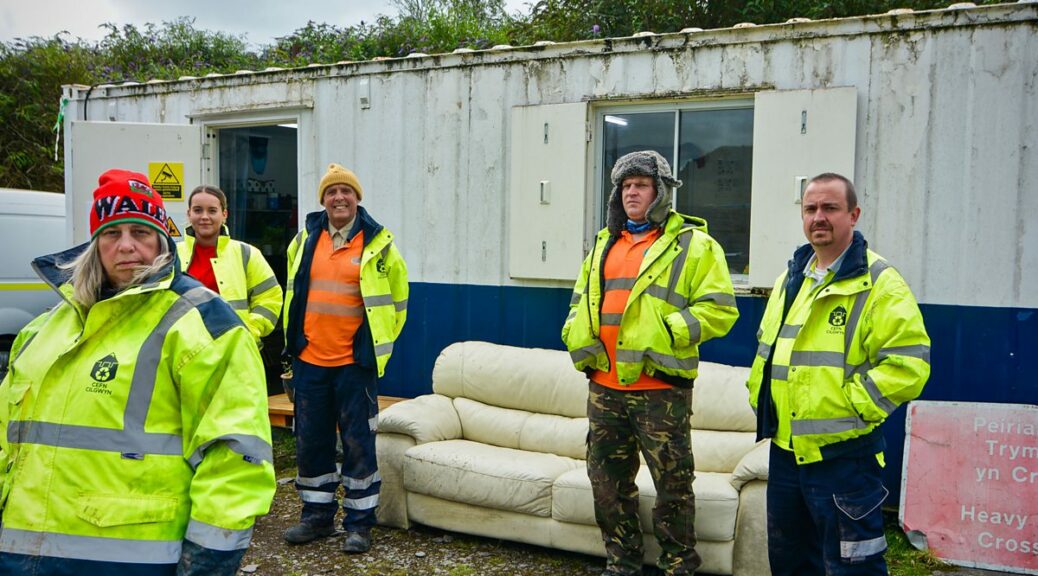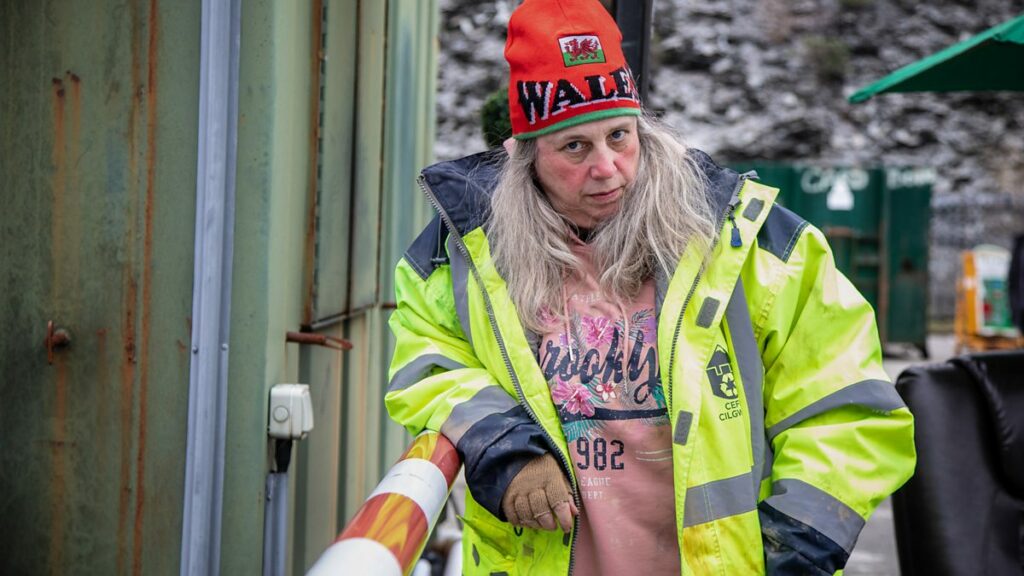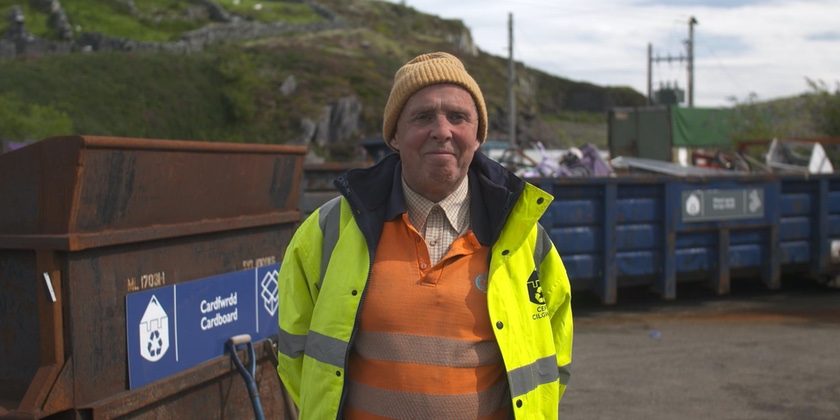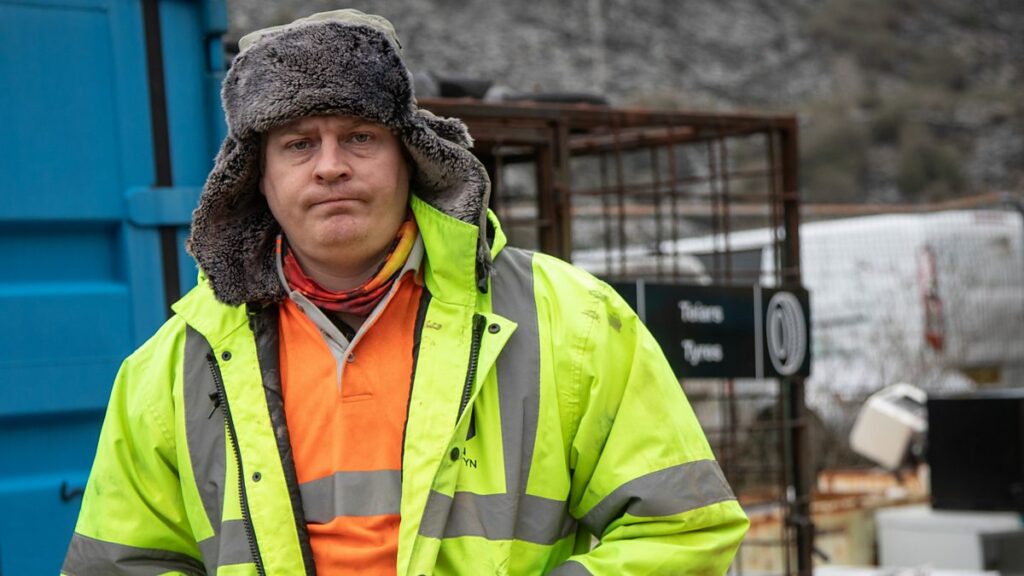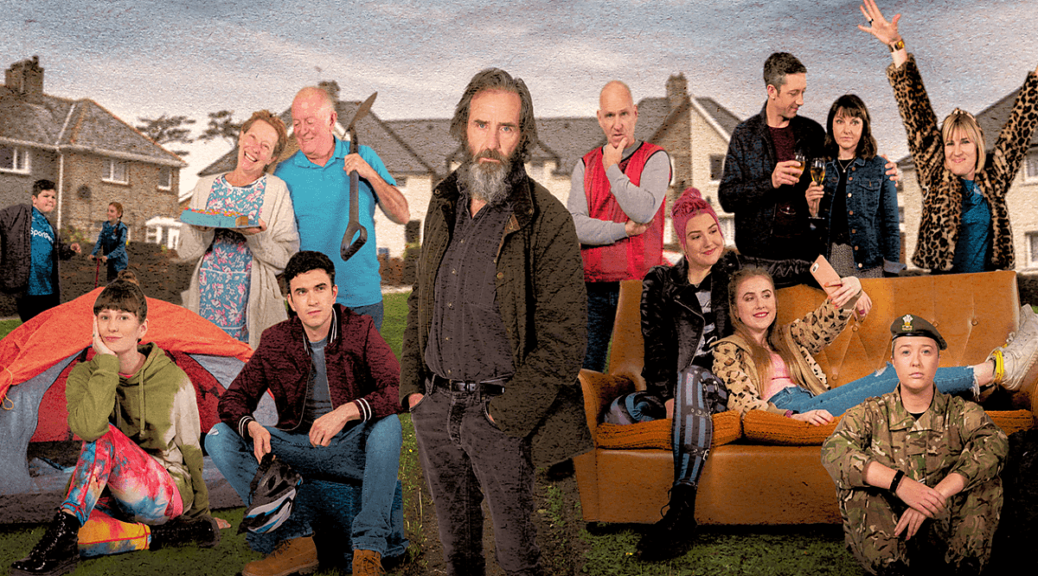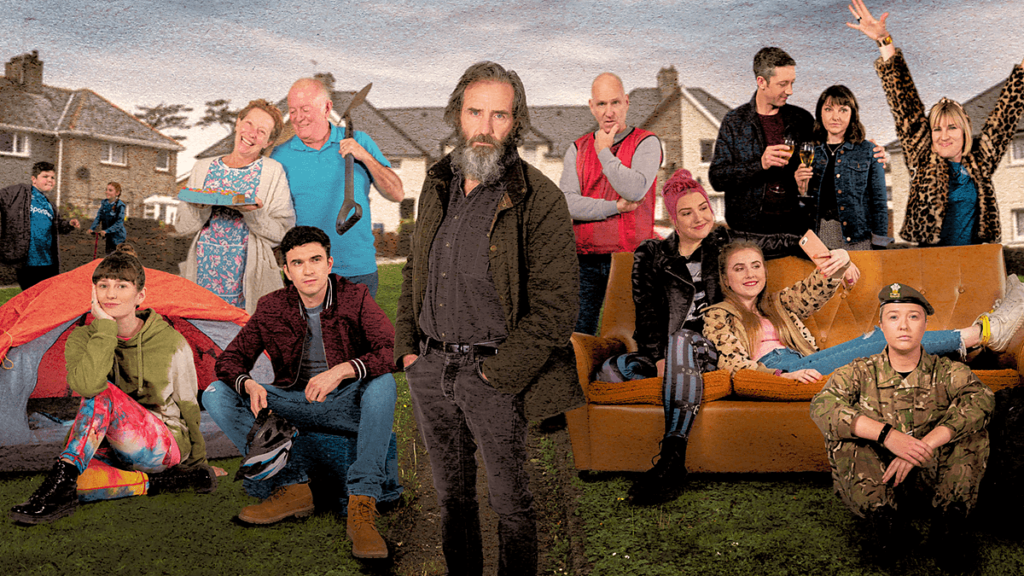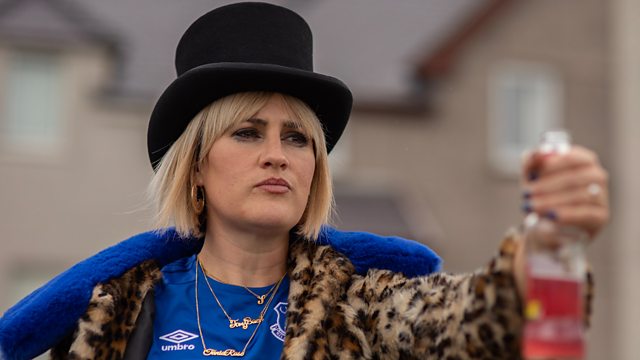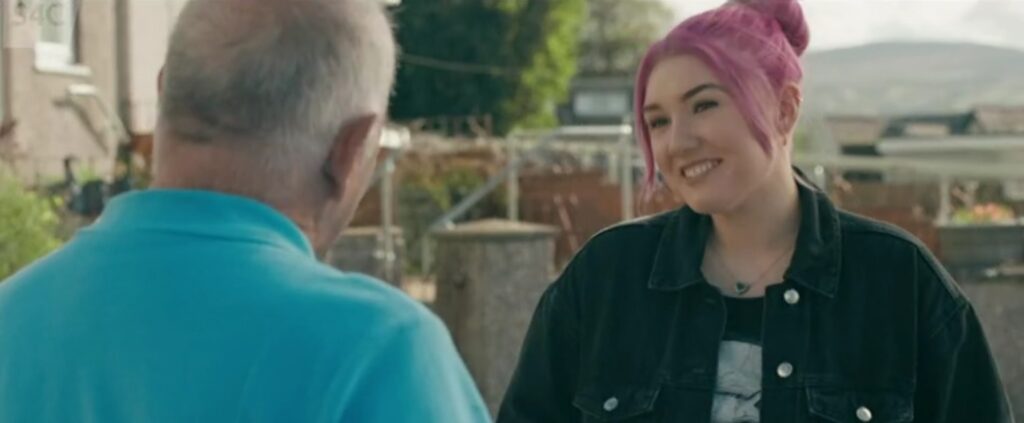
 (4 / 5)
(4 / 5)
I can think of many television dramas which feature mental health as a theme or part of a storyline. But to have it at its core makes Creisis a rarity. The facts which appear at the end suggest that it’s grounded in real-world evidence. The complexity of the protagonist Jamie’s journey over the course of six episodes points to a verisimilitude that takes no shortcuts. This is public service broadcasting at its most powerful and important: informing and educating through entertainment to shed light on an experience in an authentic and engaging way.
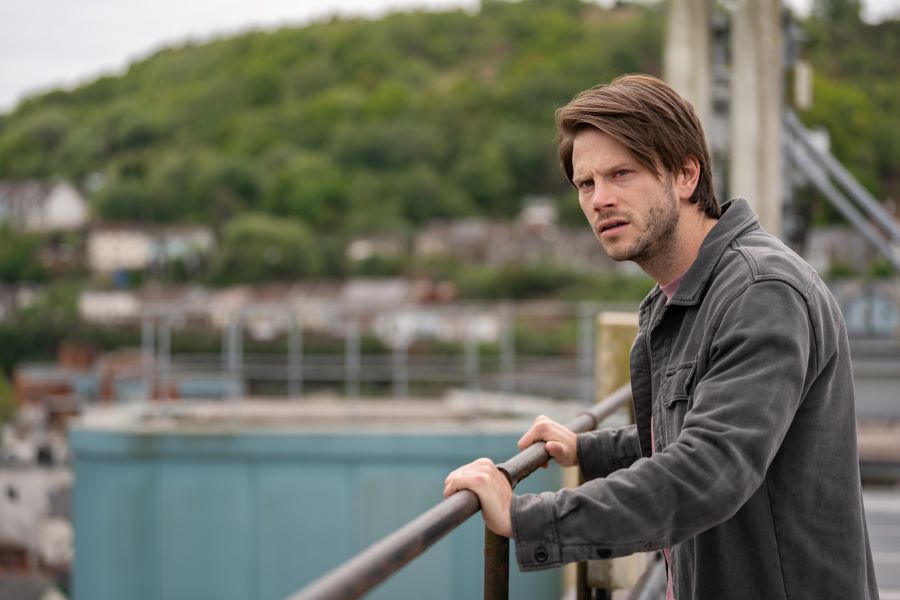
Gwydion Rhys embodies his leading role with a stereotypical form of masculinity in which cracks are slowly exposed and the façade gradually crumbles. He confidently addresses the camera in a gracious nod to Anfamol in the opening episodes. But these become few and far between as he turns from explanatory narrator into observed patient. The subtlety with which the audience gaze changes to focus more intensely on his own mind forms part of the potency which gives Creisis its cutting edge. And as it does, the line between imagination and reality, truth and fiction, becomes cleverly blurred. Before this, there is a gradual but increasingly noticeable descent, with clear effects on his family, neighbours and colleagues. The glass shards which disseminate his body in the title sequence come to be prescient in more ways than one. This really is an examination of the ailing mind.

Wife Janette is clearly long-suffering but also devoted. Sara Gregory plays her with strong will entwined with compassion. Line manager Huw (Arwel Gruffydd) is mixed with similar: a serious exterior masking a soft inner soul. There is overwhelming concern from all his fellow staff members which dissipate their quirky mannerisms once Jamie is brought into the Mental Health Unit not as an equal but under their care. Head of Service Natalie (Hannah Daniel) is the only one who is close to being a two-dimensional character. Daniel displays a villainous intent that contributes to Jamie’s state of mind to the extent that she almost becomes a caricature. Even best friend Barry, who is not quite what he seems, is granted emotional versatility by Alex Harries in order to illicit both sympathy and anger from the viewer. Meanwhile, Melvyn and Mary offer light relief through their sweet relationship marked tragically by dementia. Wayne Cater and Rhian Morgan may be part of a subplot but contribute beautifully to the whole with performances that are suitably ordinary and, as a result, wonderfully apt.
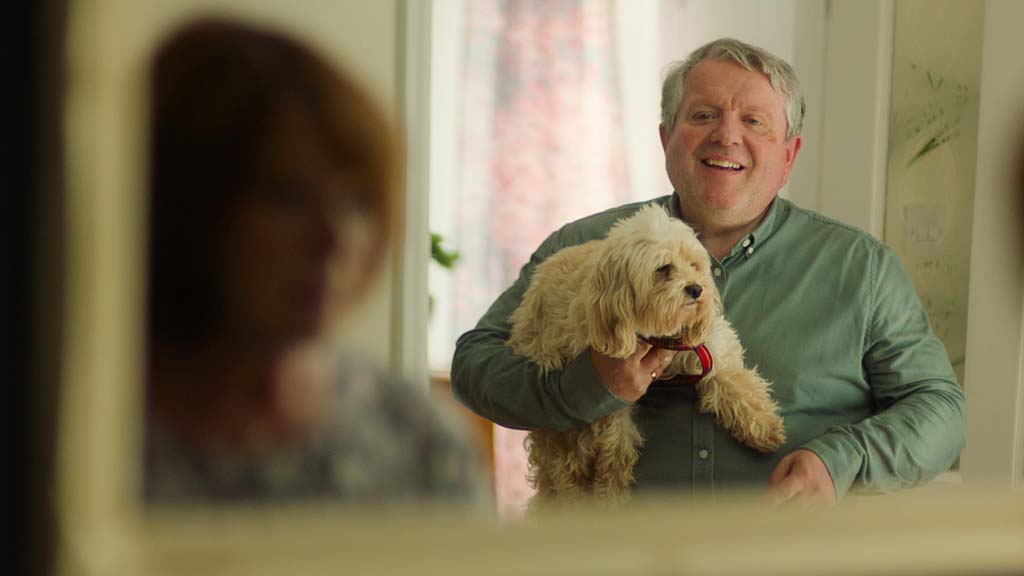
What seems to drive Jamie is a desire to fix things, including people. He is chaotic, innovative, reckless and passionate in his attempts. But in the end, he must acknowledge that he is broken himself, in part because he believes that he could and should have fixed another. Grief is both the cause and effect here, revealed in such myriad ways within the context of everyday lives that it touches on some form of accuracy. Not that experience can be boiled down. But in the individual story lies something of the universal. This is what Creisis seeks to capture, and it does so rather well. Mental illness is taken seriously and is never curbed by expectation. Including in its finale, when instead of the usual heartwarming finish, it introduces an open-ended curveball that continues its commitment to realism.
There is much to learn and appreciate here. Creisis demonstrates the art of skilful and well-researched writing to make this one of the best explorations of mental illness in modern television.
Click here to watch the series on BBC iPlayer.

Gareth Williams

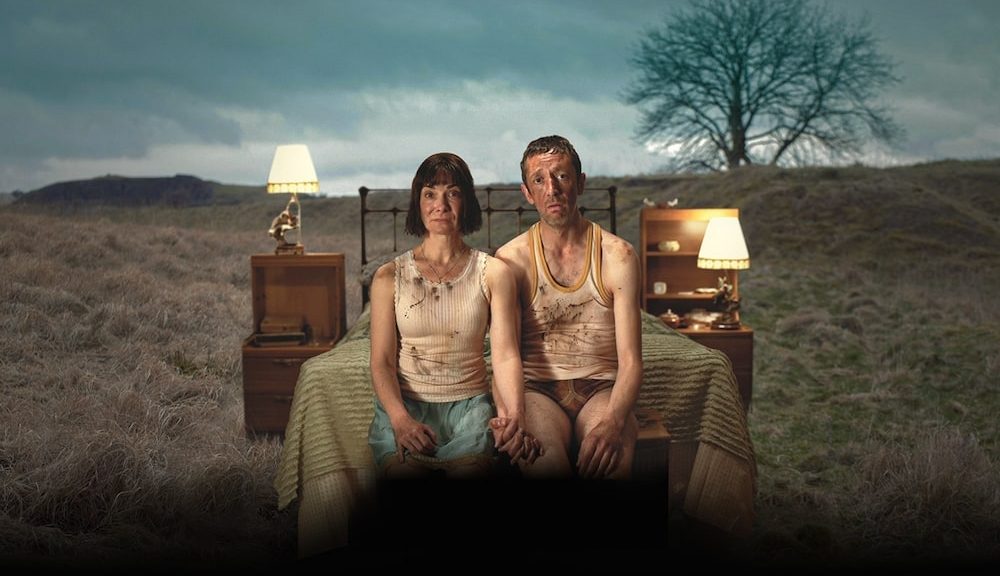
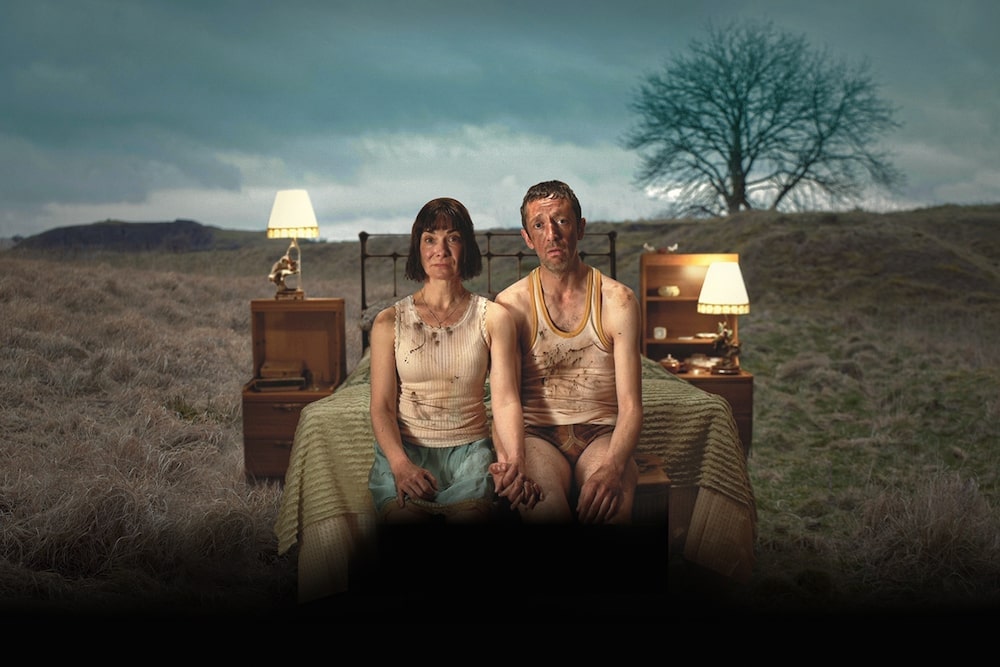

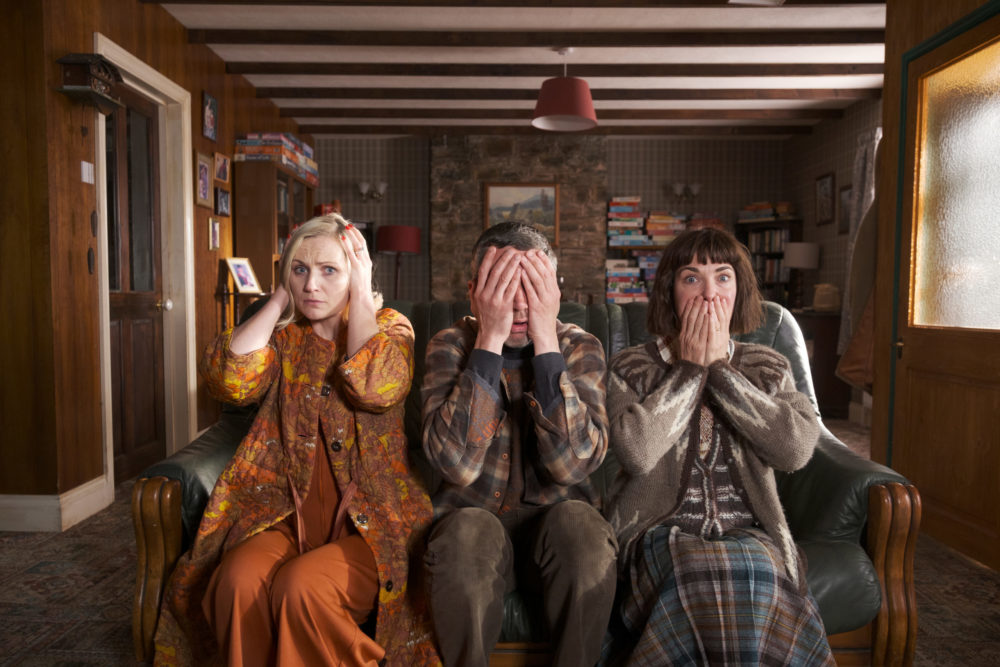
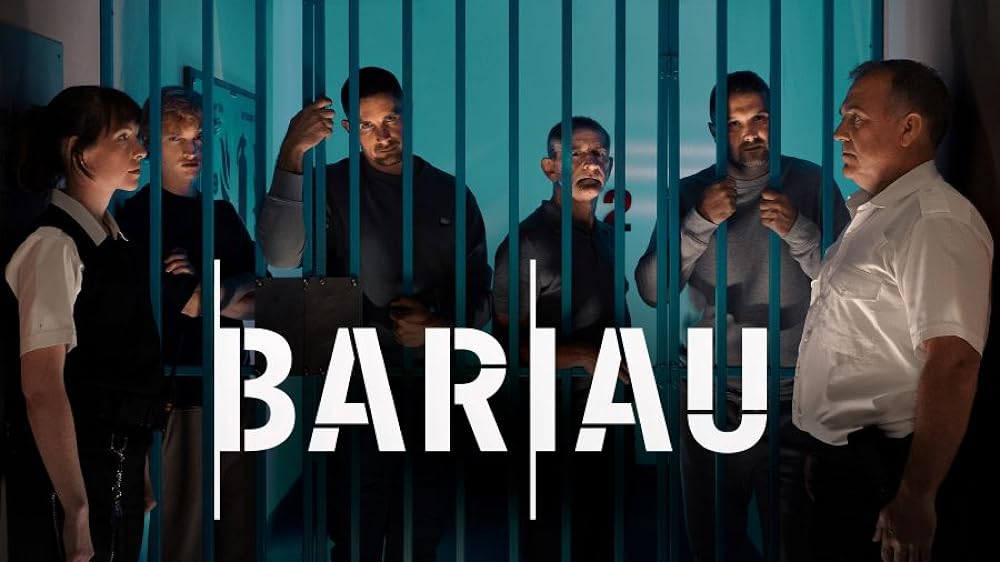

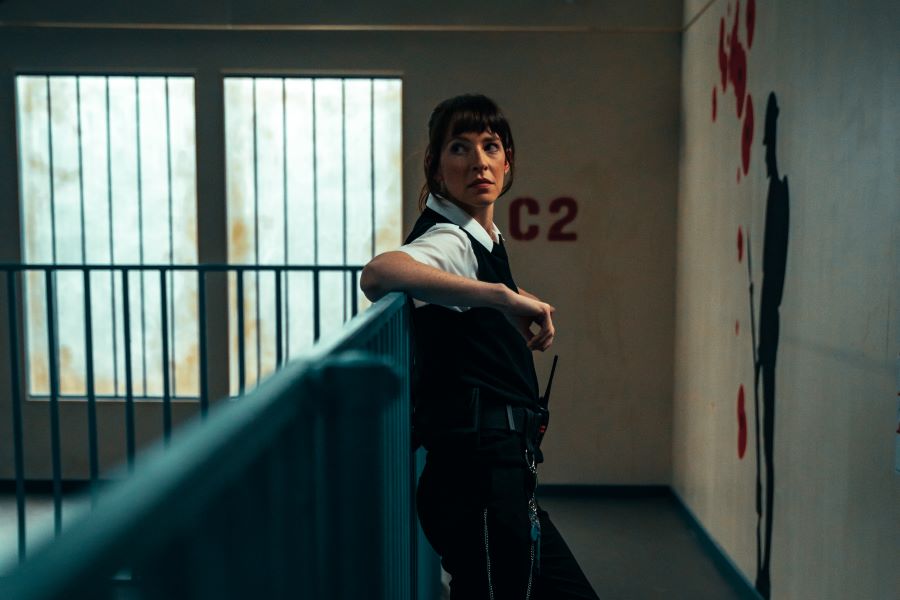
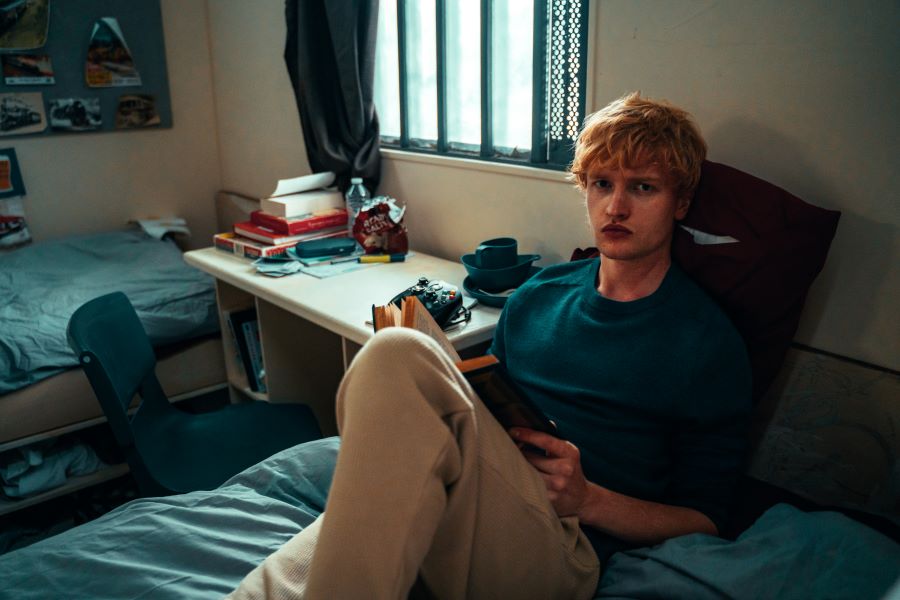
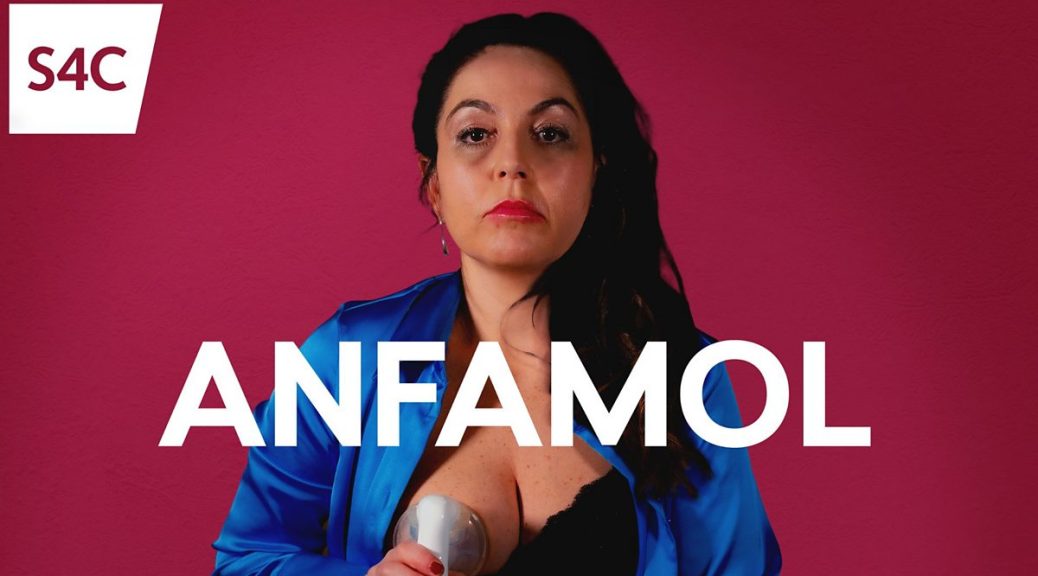
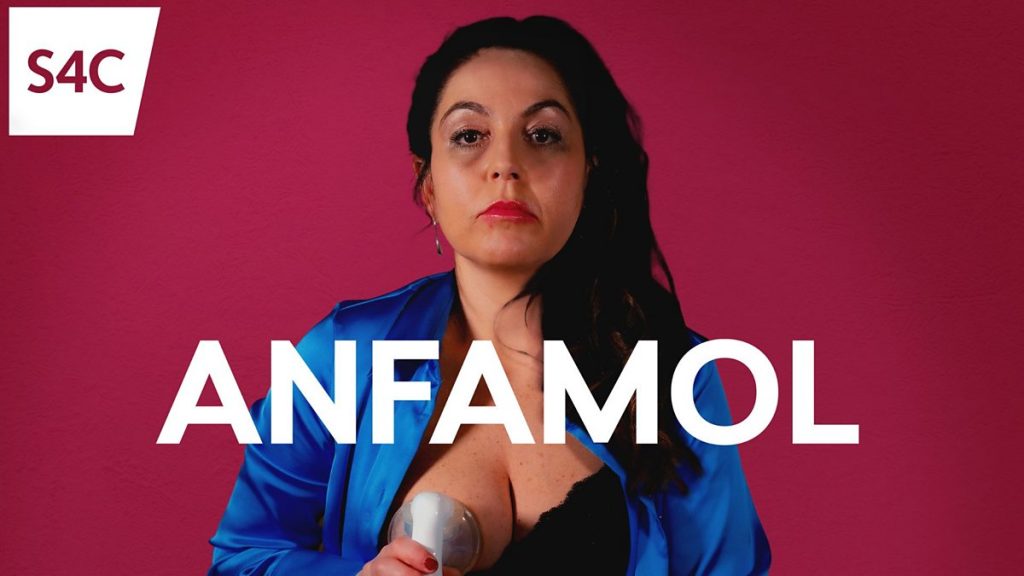
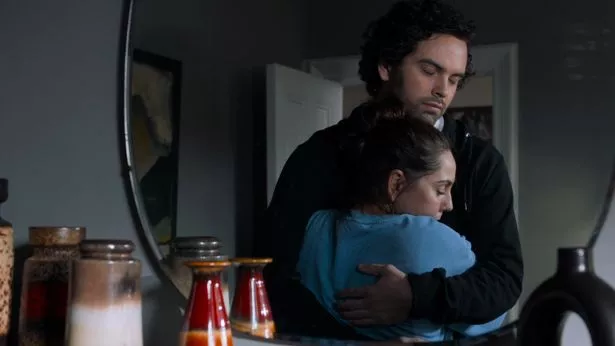
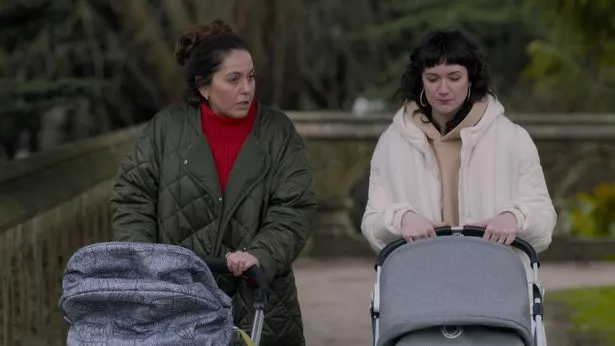


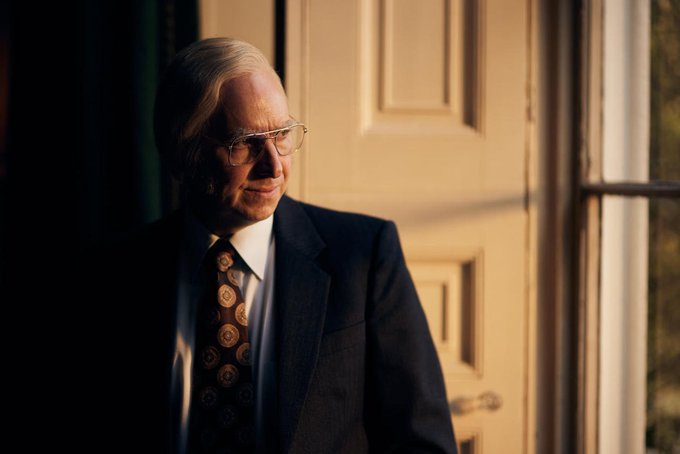
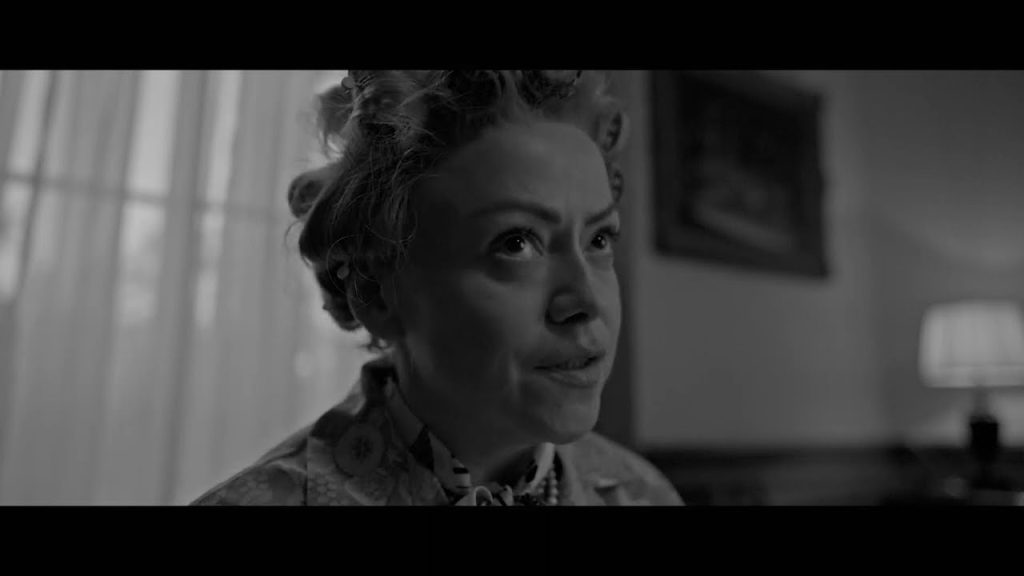
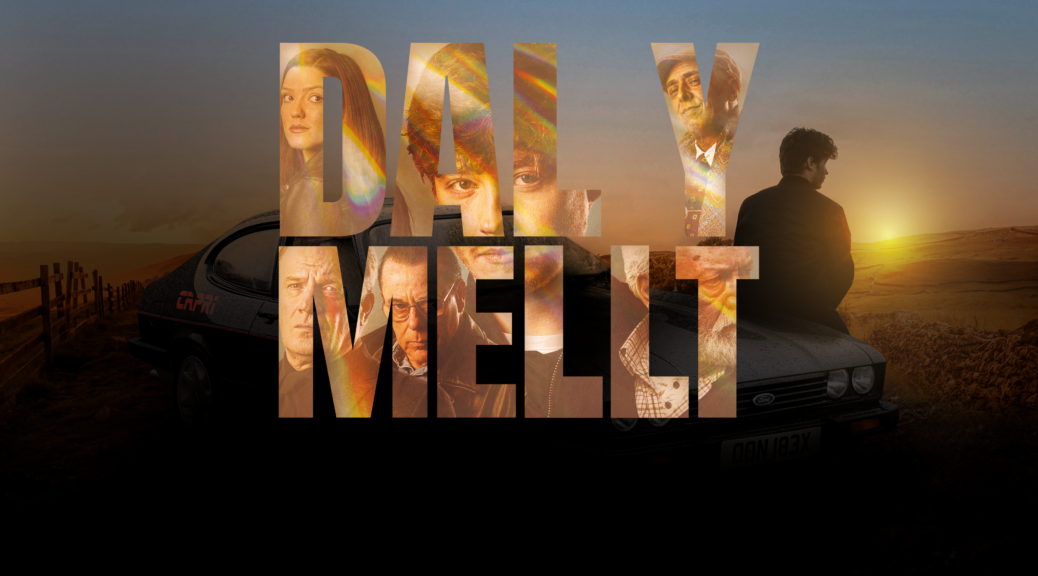
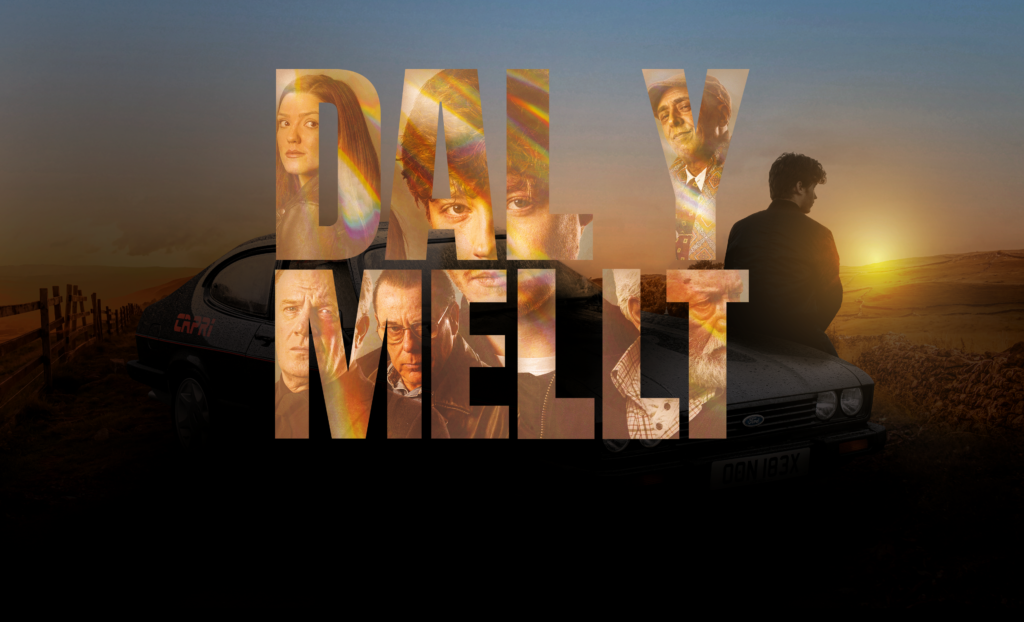
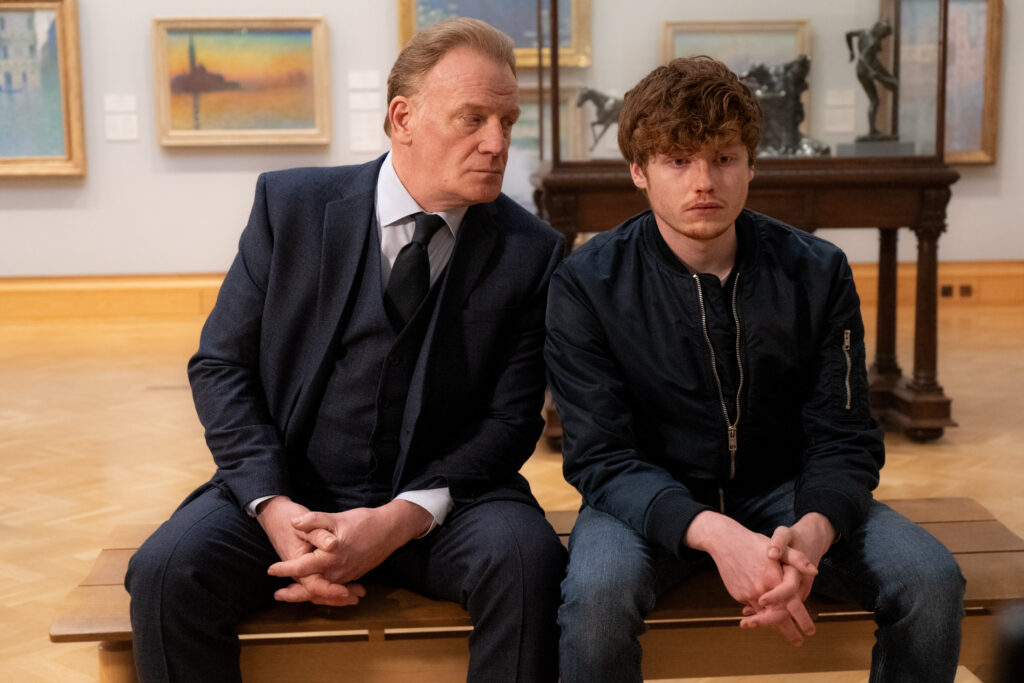

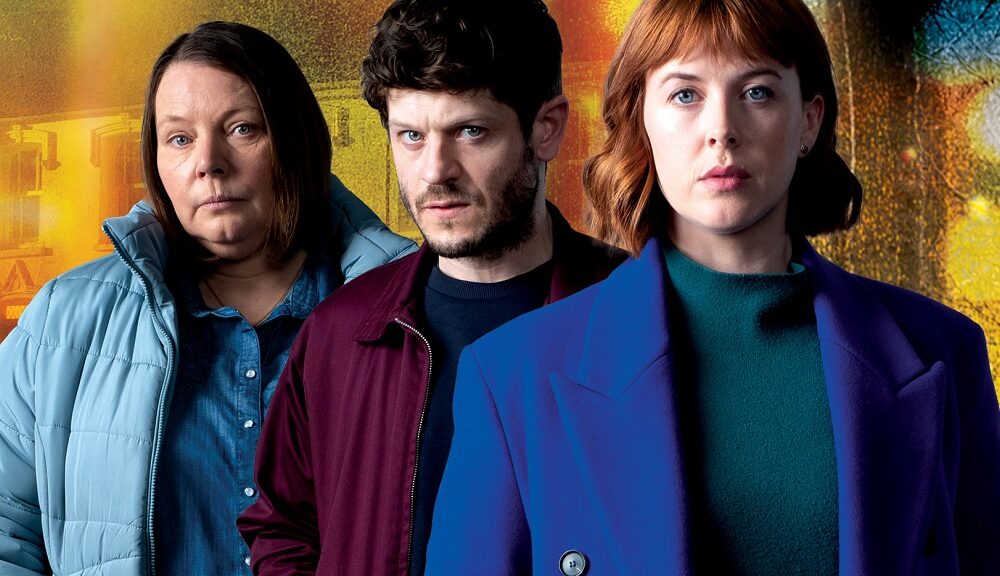
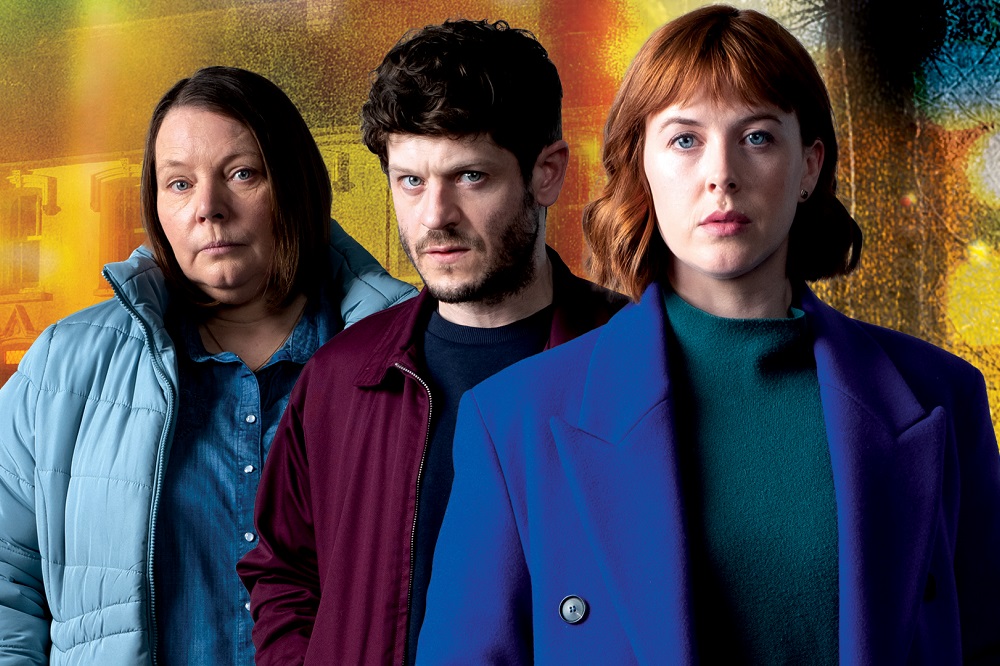
 (3 / 5)
(3 / 5)